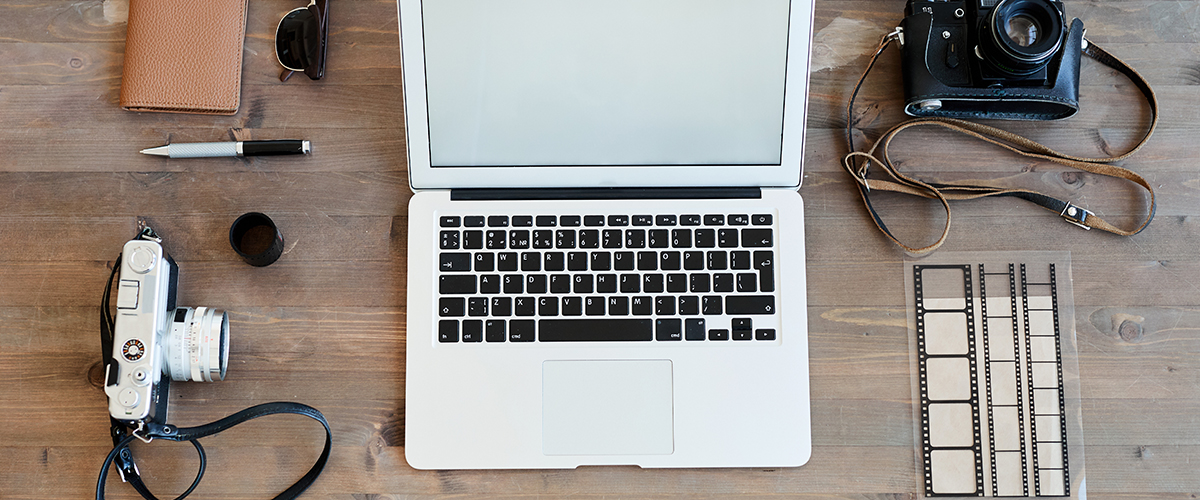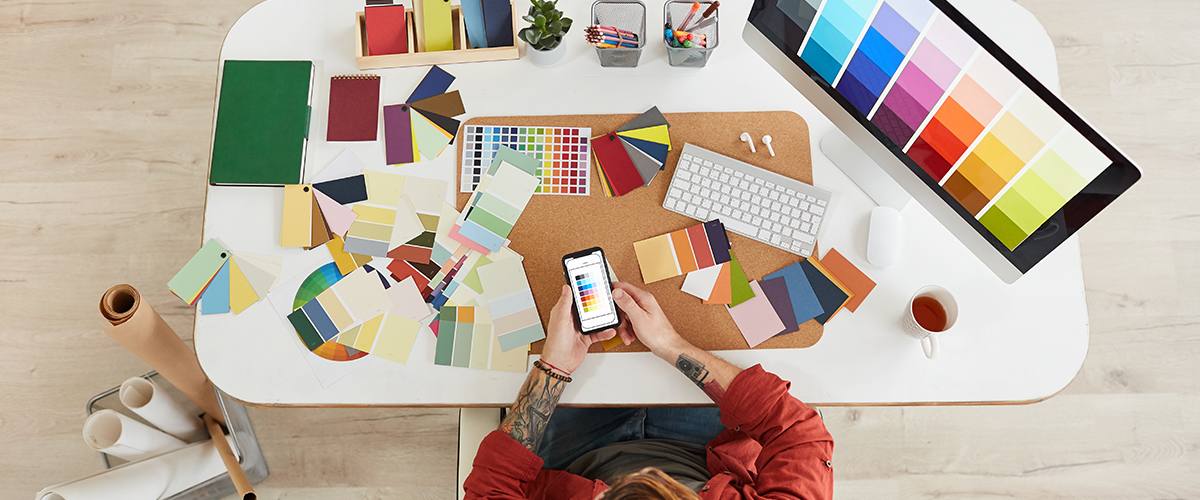
Design Agency Vs Freelancer
In the dynamic world of design, businesses often face the dilemma of choosing between a design agency and a freelancer. Both options have their merits and demerits, making it essential for companies to carefully evaluate their specific needs and constraints before making a decision. In this article, we will explore the differences between a design agency and a freelancer in the UK, shedding light on key factors that can help you make an informed choice. 1. Expertise and Diversity Design agencies are typically home to a diverse team of professionals, each specializing in various aspects of design. This diversity can be a significant advantage as it ensures that you have access to a wide range of skills and expertise under one roof. Whether you need web design, graphic design, branding, or user experience design, a design agency is more likely to have the right talent to meet your needs. On the other hand, a freelancer, while skilled in a specific area, may lack the breadth of expertise that an agency can offer. 2. Project Scale and Capacity When it comes to handling large-scale projects or multiple projects simultaneously, design agencies have the advantage of resources and capacity. They can allocate a dedicated team to your project, ensuring that it receives the attention and manpower it requires. Freelancers, on the other hand, may have limitations in terms of their capacity to handle extensive projects or multiple clients simultaneously. If your project demands scalability and a quick turnaround, a design agency is the way to go. 3. Cost Considerations One of the primary considerations for businesses is the cost of design services. Freelancers often offer competitive rates, as they have fewer overheads compared to design agencies. This cost-effectiveness can be advantageous for smaller businesses or startups with tight budgets. However, it's essential to keep in mind that design agencies may provide a more comprehensive package, including project management, quality assurance, and a wider range of services. The cost difference often reflects the level of service and support you receive. 4. Communication and Accountability Effective communication is crucial in design projects. Design agencies typically have established processes for communication and project management, ensuring that you have a clear point of contact and accountability throughout the project. They are more likely to provide regular updates and keep you in the loop about the project's progress. Freelancers may vary in their communication styles and availability, which can sometimes lead to challenges in project management. When communication and accountability are paramount, design agencies offer a structured approach. 5. Creative Collaboration and Flexibility For some businesses, creative collaboration and flexibility are essential elements of the design process. Freelancers often excel in this area as they can provide a more personal and one-on-one experience. You can work closely with a freelancer, share ideas easily, and make quick adjustments to the project. Design agencies, while offering a collaborative environment, may have more rigid processes in place. The choice here depends on your preference for a tailored, personal touch versus a more structured approach. Ultimately, the decision between a design agency and a freelancer in the UK depends on your project's specific requirements, budget, and preferences. Design agencies offer a breadth of expertise, scalability, and accountability, making them suitable for larger projects and businesses with complex design needs. Freelancers, on the other hand, provide cost-effectiveness and a more personal touch, making them an excellent choice for smaller businesses and projects that require creative collaboration. Before making your choice, carefully evaluate your project's scope, budget, and the level of expertise you require. Conduct interviews, review portfolios, and consider the communication style that aligns with your preferences. Both design agencies and freelancers can deliver outstanding results when chosen wisely, ensuring your design project meets or exceeds your expectations. In summary, when deciding between a design agency and a freelancer, consider factors such as expertise, project scale, cost, communication, and creative collaboration. Tailor your choice to your specific needs and preferences, and you'll be well on your way to successful design outcomes.





